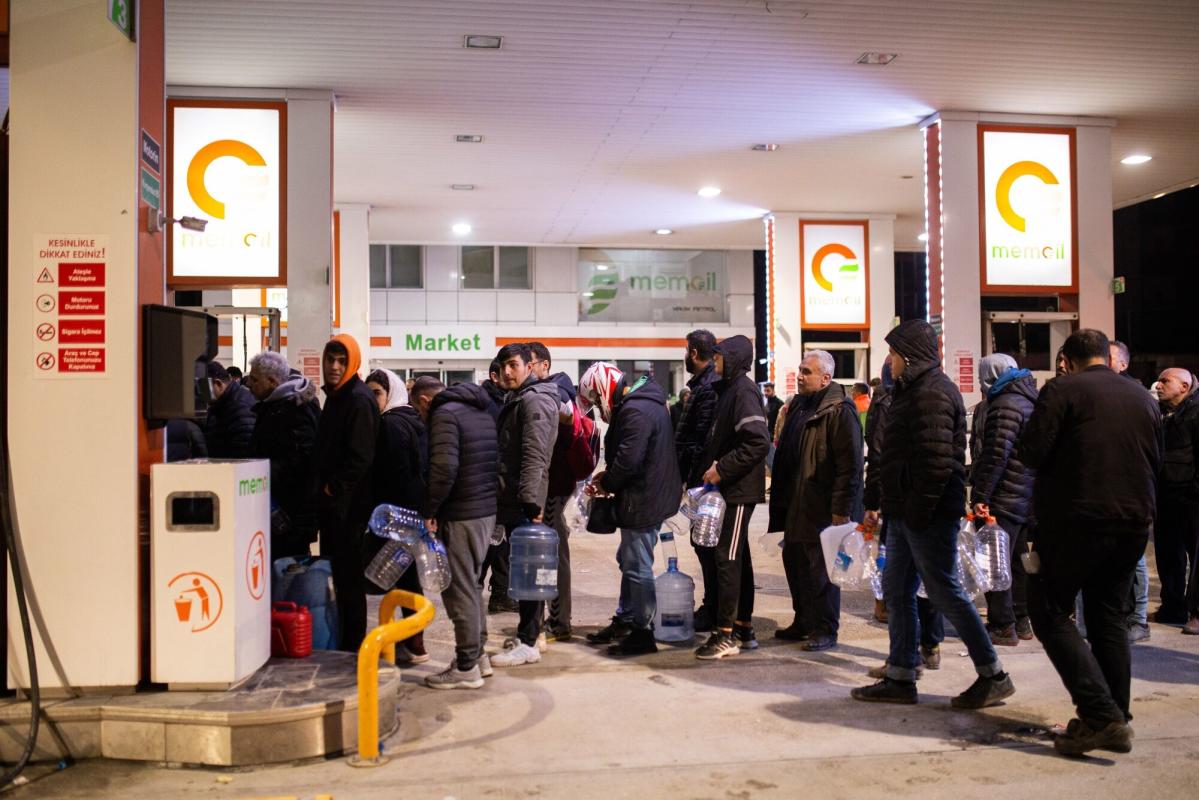Turkey’s widening trade deficit to constrain construction output
Turkey’s trade deficit grew by 155.2% year-on-year (YoY) in May 2022, driven by a relative rise in the value of imports to exports owing primarily to a steep increase in the cost of imported energy.
However, strong demand for real estate is expected to partially offset the industry’s weakness this year, says GlobalData, a leading data and analytics company.
Joel Hanna, Economist at GlobalData, comments: “Net exports from January to May 2022 fell by 136% compared to the same period in 2021, despite a rise in the value of exports by 20.4% driven by steel and iron exports and the government’s push to turn the country’s current account deficit into a surplus. However, the rise in exports was offset by a 40.8% increase in the value of imports.
High construction costs
“The difficulty in reducing the trade deficit reflects the challenges facing the Turkish construction industry, which is highly dependent on imported materials and energy. High construction costs will force developers to reassess the profitability of construction projects, and with the cost of imports rising faster than the value of exported goods, export industries that would benefit from expansion in the long-term are likely to suffer from underinvestment in the short-term. This will hinder the government’s efforts to turn the current account deficit into a surplus.”
The rise in the value of imports has been driven by rising energy and commodities costs owing to the war in Ukraine, compounded by strong trade links with Russia and Ukraine and the deteriorating currency crisis, which has caused the lira to depreciate by a further 20.2% against the US dollar in the first half of 2022.
Construction costs have soared as result, with the latest data from Turkstat showing a 106.6% YoY rise in April and a 71.9% rise in materials costs since inflation began to accelerate in November 2021 in response to interest rate cuts by the Turkish central bank. Owing to these challenges, GlobalData expects the construction output in Turkey to contract by 1.2% in 2022. However, the industry’s weakness will be partially offset by strong demand for real estate.
Demand for housing strong
Hanna continues: “Despite considerable downside risks on the supply side, demand for housing remains strong owing to the government’s low mortgage rate scheme and a growing desire to hold safe assets to protect savings from high inflation. Although high construction costs are feeding into property prices, households and investors are showing a greater willingness to pay higher prices. This may reflect an increase in long-term inflation expectations in response to the deteriorating lira crisis and President Recep Tayyip Erdogan’s unorthodox interest rate policy.”
Residential property sales between January and May this year is 37.7% higher than the same period in 2021, while prices were 127% higher in April 2022 compared to April 2021, according to the Residential Property Price Index. Moreover, the number of mortgaged sales rose by 72.3% in the first five months of this year compared to the same period in 2021.
Hanna concludes: “The rise in mortgaged sales this year amid the worsening economic conditions in Turkey suggests that middle-class households are utilising low mortgage rates to protect their savings over the long-term. Despite housing sales currently being driven primarily by second-hand sales, the trend is beneficial to the residential construction sector as it is likely to fuel demand for renovations and new housing over time.”– TradeArabia News Service


